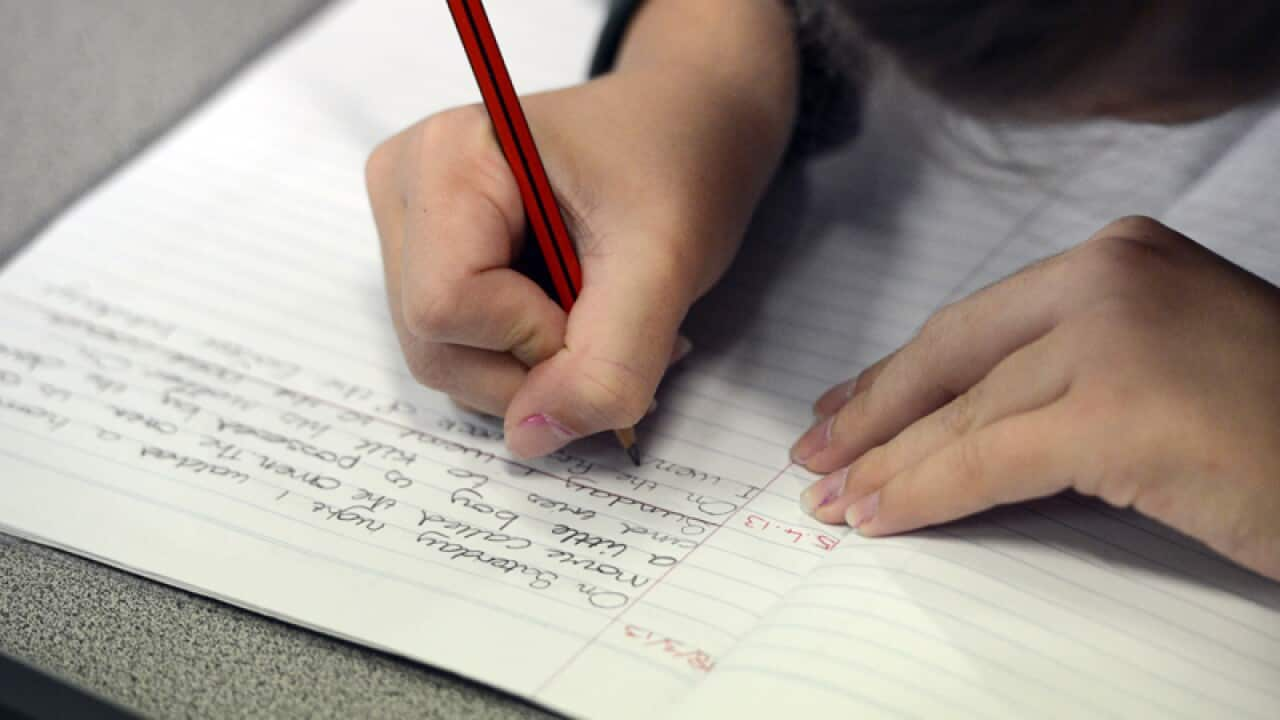Before I’ve even walked from assembly to the door of my classroom in the morning I’ve diverted a meltdown over a misplaced saxophone, participated in two YA novel book reviews, flagged three students who are out at a debating competition, discussed the recycling program to save the planet from global warming and deflected yet another probing question about “when are we ever going to finish painting our backdrops?.” Just another day in the life of a teacher of gifted students.
Every teacher wants every student they spend time with to reach their unique potential. What does that look like in the case of students who have special needs, like giftedness? As a teacher of gifted students I see the challenge of growing up with these talents either realised or not. Teaching gifted children is inspiring, exhausting, educational, humbling and hilarious. It requires a skill set that recognises certain attributes that allow these children to work at faster rates and understand things on a deeper level than their peers, then create a learning experience that continues to challenge them.
Gifted children however, are not that easily identified without intervention and a partnership between their parents, teachers and experts. In Australia, our education systems provide opportunities for children to access special programs, classes and schools to cater for their giftedness. Extra-curricular programs across sport, robotics, debating, art and chess allow for them to excel. It is a challenge to identify gifted students because they may fly under the radar or have their giftedness masked due to other exceptional qualities like Autism.
Mentoring pre-service and new teachers to develop the necessary skills to differentiate for the diversity of students in their class is one aspect. With increasing years a teacher’s understanding of how to provide an environment that stimulates children also grows as they develop a widening range of strategies to engage them. Learning from experienced teachers as mentors through watching them teach, seeking advice and feedback is essential to sharing those years of experience to provide a classroom that caters for every need.
"Teachers do their best with a full curriculum..."
If you talk to any teacher about the students in their class they will be able to tell you about their personality, their likes and dislikes, what their favourite part of the day is and the subjects they enjoy. They will know things about their families and can tell you about the time that child did something they have never done before, and how wonderful it was to be a part of it. Teachers know who needs an extra hand, or extra time to help them get through the day. They also know who finishes quickly and requires more difficult tasks. Teachers do their best with a full curriculum and busy extra-curricular activities scheduled every term to ensure that everyone they teach has the chance to thrive.
Turns out the saxophone was in the band room all along and there was no need for worst-case scenarios on a Monday morning, I had read the books (lucky I’m a fast reader and all over Booktopia’s Top 100), recycling will save the planet and sure, I’ve got a whole lunch-time free today to stay in the room and watch paint dry. I wouldn’t have it any other way.
Insight is Australia's leading forum for debate and powerful first-person stories offering a unique perspective on the way we live. Read more about Insight
Have a story or comment? Contact Us


